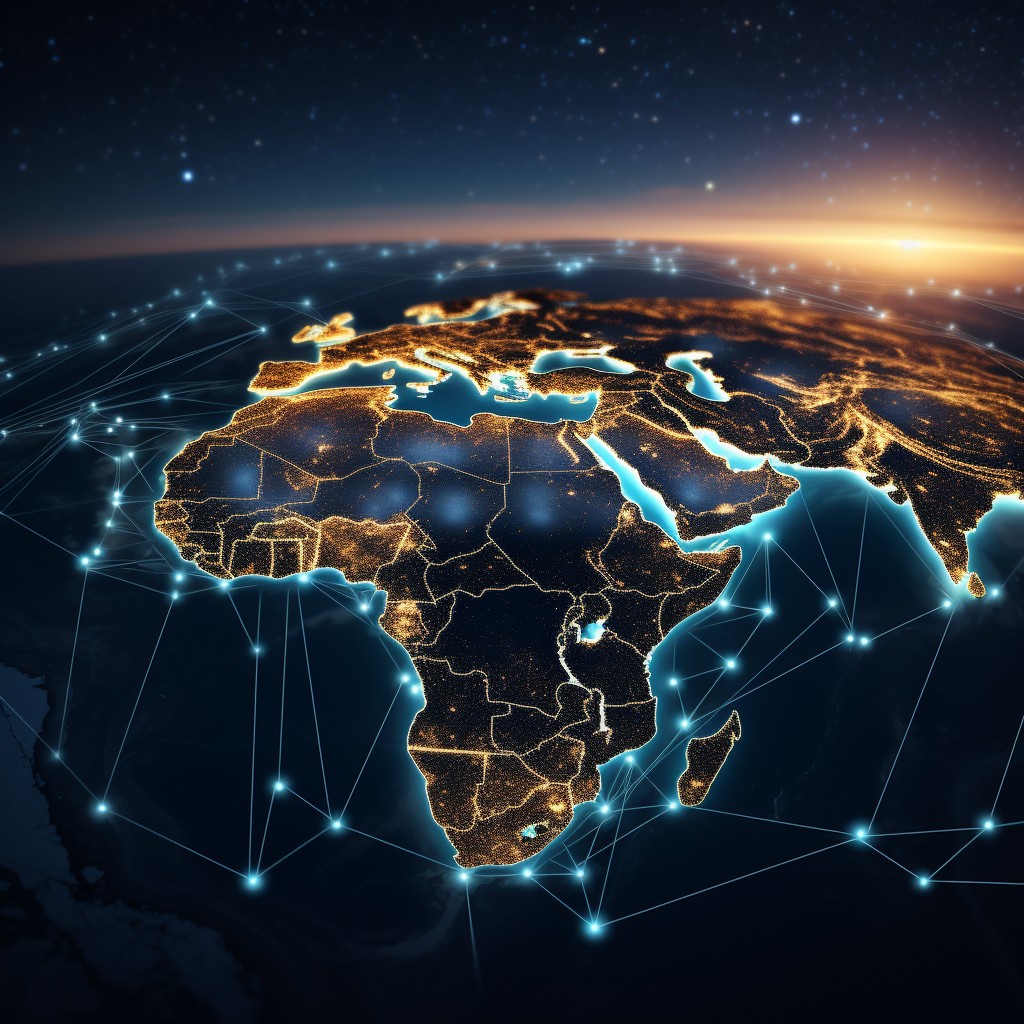Africa’s burgeoning Web3 landscape is poised for substantial growth in 2024, driven by a surge in blockchain funding and the continent’s youthful demographic. However, the path to harnessing Web3’s transformative capabilities faces significant challenges, including regulatory uncertainties and a shortage of digital literacy.
In this article, we explore the insights shared by Cartesi’s Developer Advocate, Jathin Jagannath, and highlight efforts to address these obstacles in the African Web3 ecosystem.
Regulatory uncertainties and their implications
Jathin Jagannath, Developer Advocate at Cartesi, emphasizes that regulatory ambiguity is a formidable barrier to fully integrating Web3 technologies in Africa. The absence of clear and well-defined regulations surrounding Web3 can induce hesitation among potential users and investors.
This uncertainty not only impedes innovation but also undermines the continent’s ability to capitalize on the benefits of Web3.
Jathin contends that with regulatory clarity, Africans can embrace the transformative possibilities of Web3. Establishing a regulatory framework that balances innovation with consumer protection is crucial to fostering trust and encouraging investment in the Web3 landscape.
Web3’s potential in Africa
Africa is witnessing a remarkable surge in blockchain funding, with a staggering 1,668% increase in 2022, according to a report by PricewaterhouseCoopers and Emurgo Africa. Kenya, Nigeria, and South Africa lead the charge in Web3 adoption on the continent. Africa’s burgeoning tech-savvy youth population and volatile currencies create a fertile ground for Web3 innovation and adoption.
Jathin underscores the potential for Web3 in Africa, particularly in addressing challenges related to financial inclusion. Decentralized wallets and other Web3 applications can revolutionize how Africans interact with financial systems, enabling cross-border trade and empowering those previously excluded from traditional banking.
Digital literacy and education challenges
Despite Africa’s immense potential, Jathin Jagannath highlights a significant gap in digital literacy and knowledge accessibility. He underscores the importance of an educated workforce and user base for successfully integrating Web3 technologies.
The lack of comprehensive learning opportunities often compels individuals to prioritize trading over acquiring a deep understanding of Web3 principles.
Awosika Israel Ayodeji, Program Director of Web3bridge, echoes this sentiment, emphasizing African developers’ education and knowledge access challenges. In response, Cartesi and Web3bridge have joined forces to launch an eight-week Cartesi masterclass in Nigeria in early January 2024.
This initiative aims to enhance visibility and skill development among African developers, contributing to the growth of Nigeria’s dynamic blockchain ecosystem.
Web3’s promise for financial inclusion
In light of almost 24% of Africans not participating in the banking system, Web3 technologies offer a promising avenue for financial inclusion. Decentralized wallets and other Web3 applications can bridge existing gaps, making financial services more accessible to underserved populations.
The ability to easily conduct cross-border trade through Web3 platforms further bolsters their potential to transform African financial systems.





